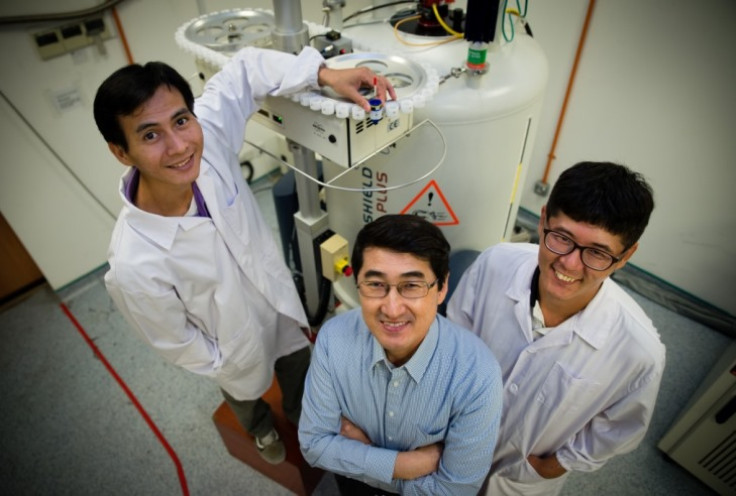Two anti-malaria drugs could be potential treatment for Parkinson's disease
A team of international scientists have found that two anti-malaria drugs could hold the answer in treating Parkinson's disease, a progressive neurological condition.
Currently the disease which affects an estimated 10 million people worldwide, has no cure or treatment which can slow down or stop Parkinson's disease.

Professor Kwang-Soo Kim from Harvard Medical School and McLean Hospital in the US and Associate Professor Yoon Ho Sup from Nanyang Technological University in Singapore have identified two anti-malaria drugs, Chloroquine and Armodiaquine as a potential treatment.
They plan to modify these two drugs and carry out clinical trials, a statement from the university said on 16 July.
The research found that by activating Nurr1, a class of proteins found in the brain, it protects the brain's ability to generate dopamine neurons which is an important neurotransmitter that affects motor control and movement of muscles in the body.
Scientists have found that by activating Nurr1 in rats which had Parkinson's disease, the rodents appeared to improve in their behaviour and showed no signs of suffering from the disease, the statement said.
About 1,000 US Food and Drug Administration (FDA) approved drugs were screened before the two anti-malaria drugs were discovered.
Chloroquine was used in the late 1940s and early 1950s until the malaria parasite became resistant to it. Amodiaguine is still being used in Africa today, the statement said.
"Our discovery brings hope for the millions of people suffering from Parkinson's disease, as the drugs that we have found to have worked in the laboratory tests have already been used to treat malaria in patients for decades," Yoon said.
"Our research also shows that existing drugs can be repurposed to treat other diseases and once several potential drugs are found, we can redesign them to be more effective in combating their targeted diseases while reducing the side effects," he added.
Kim said that the current golden standard of treatment for Parkinson's disease was to replenish the patients' dopamine levels through medication or using a surgical method of deep brain stimulation using electric currents.
"These pharmacological and surgical treatments address the patient's symptoms such as to improve mobility functions in the early stages of the disease, but the treatments cannot slow down or stop the disease process," Kim explained.
He said despite great efforts from pharmaceutical companies and academia, no one has managed to "find a molecule which can directly bind to it (Nurr1) and activate it, except for us."
The research was published in the Proceedings of the National Academy of Sciences of the United States of America online.
© Copyright IBTimes 2024. All rights reserved.







